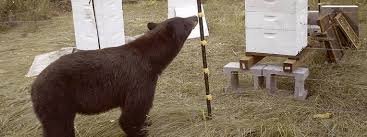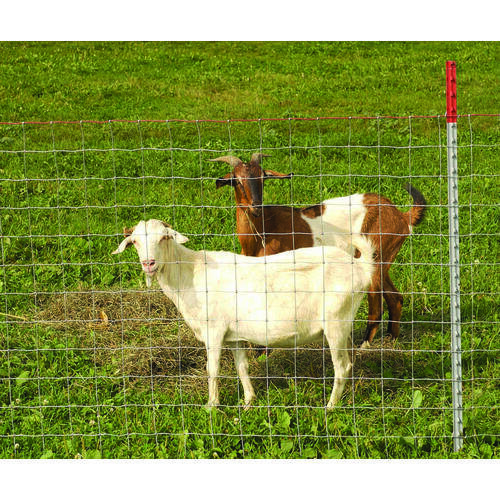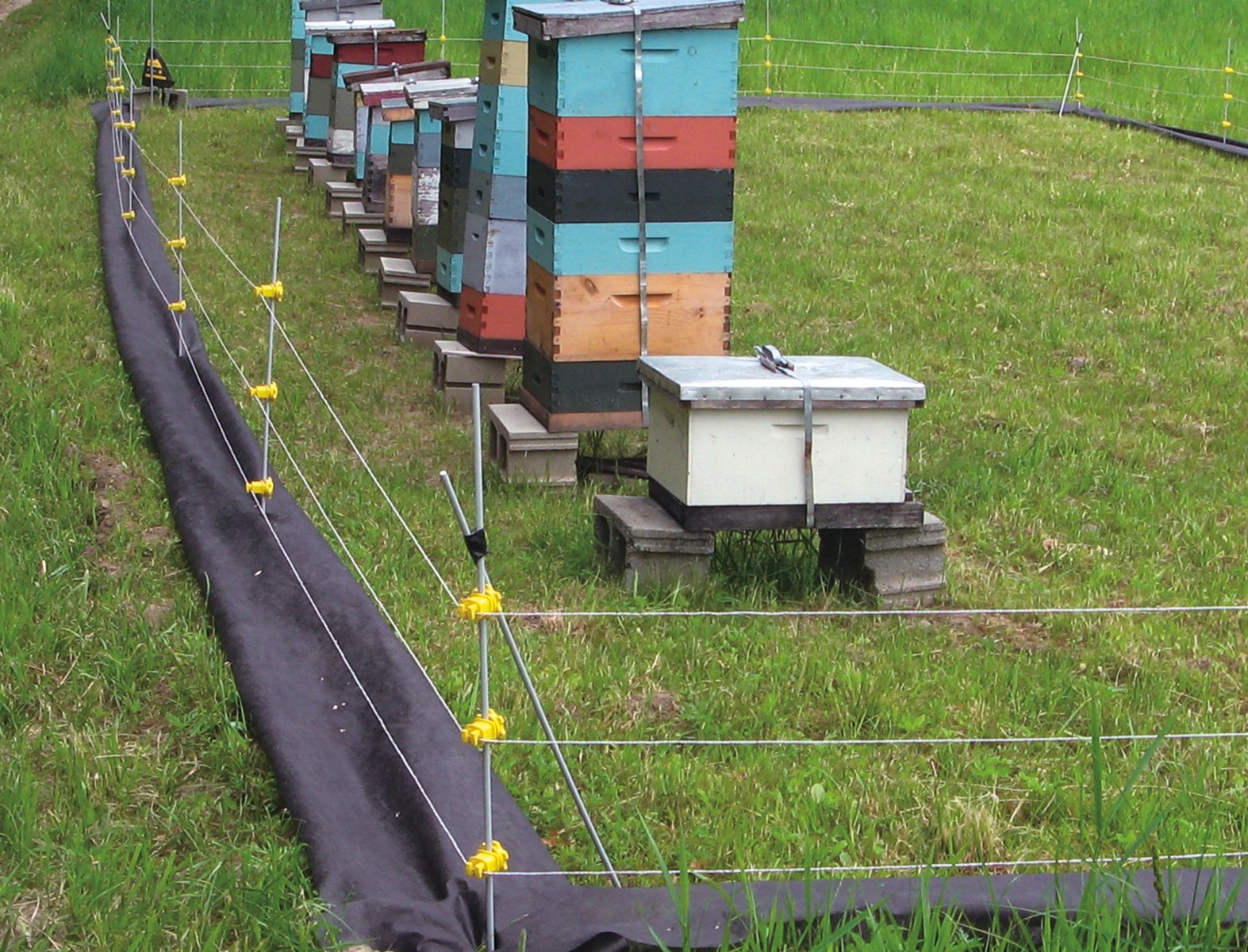chickens,bees,livestock and electric fencing
Bears are sometimes referred to as ‘opportunistic omnivores,’ meaning that along with their consumption of plant matter they will also take advantage of food sources such as small livestock including; chickens, sheep, calves, goats, rabbits, pigs and bees where available and unprotected.
Foxes, raccoons, weasels, bobcats and coyotes also prey on chickens so in the avoidable event that your livestock show evidence of being harassed, or sadly are unnecessarily killed, please do not immediately assume a bear was involved.
If bears do find an easy food reward by accessing your livestock and/or livestock feed they will continue to return to your location in search of food. Regular fencing does not keep out a determined bear especially if natural food sources are scarce. Please consider bringing livestock, particularly the smaller animals, inside to a secure pen or coop at nighttime. There are a number of different commercial products that may be worth trying to deter a bear from accessing a pen such as: motion lights or strobe lights or noise makers (go to our Repellent and Deterrent page to learn more). However, the best way to protect your chickens and other livestock is with electric fencing.
electric fencing
Electric fencing is a fairly simple and inexpensive way to protect; small livestock and livestock feed, beehives, poultry pens, smokers, outbuildings, orchards and vineyards, berries, vegetable gardens with corn, root vegetables and pumpkins.
Electric fencing delivers a non-lethal electric shock to a bear or other animal: given that bears are highly intelligent they learn very quickly that this is not an easy way to access a food reward.
Please teach children to stay away from any electric fencing and make sure to place signage on the fence indicating electrification.
If you or your canine companion accidentally contact the electric fence you will experience some discomfort but no permanent damage.
The height,length and voltage of electric fencing you will need will depend on what animals or items you are securing and from what animals you are securing them from. For instance protection from a bear requires a fence having five strands and a voltage of approximately 6,000 volts.
Always check before you dig to make sure no gas/water lines are in the area and check with your local bylaws for any regulations regarding electric fencing.
Electric fencing can be purchased at most local hardware and feed supply establishments or online. Electric fencing can be of the portable design for use around free ranging chickens and roosters or permanent for placement around coops, apiaries, livestock and their feed.
ELECTRIC FENCING ‘ BEGINNERS GUIDE’
ELECTRIC FENCING “How to Video”
https://www.youtube.com/watch?v=VoryD4Poauo
ELECTRIC FENCING IN BEAR COUNTRY
https://www.youtube.com/watch?v=lqIRMavnahE
Wildsafe BC has excellent information on setting up your electric fencing.
You can visit them at: https://wildsafebc.com/learn/electric-fencing/
The Bear Sentry System offers a variety of electric fencing options to protect your chickens, bees and other livestock.
Vist them at https://www.bearsentry.com/






